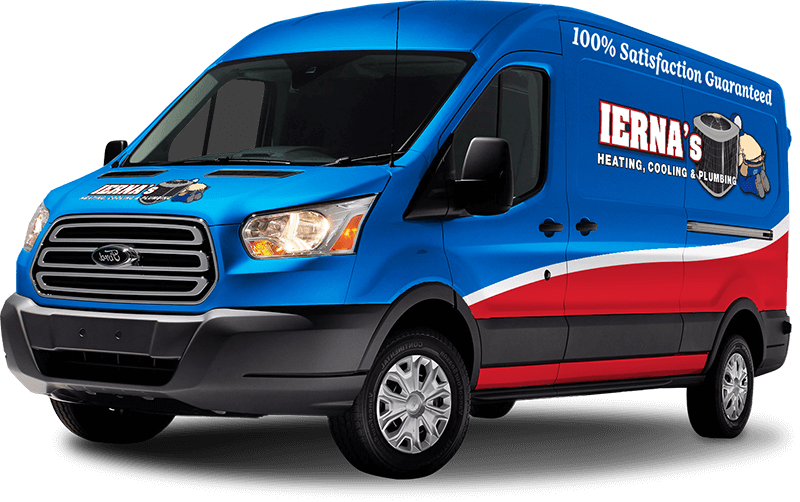There are a lot of urban legends about the dangers of certain kinds of heating systems, and while there is some truth to certain problems, there are only a few truly dangerous situations that can develop with your furnace. One of these is operating a furnace with a cracked heat exchanger. During annual heating maintenance, your heat exchanger is inspected for corrosion, rust and cracks for safety and function purposes; this is one of many reasons why it’s important to schedule annual maintenance for your furnace. First, we’ll explain what a heat exchanger is.
What Is a Heat Exchanger?
A heat exchanger is the component in your furnace that helps generate the heat that is blown into your home; it also is the component that keeps the toxic combustion byproducts of your furnace’s burner from entering your home. The heat exchanger is a moderately-size serpentine tube that is open on both ends. When the burner ignites, it heats the heat exchanger; while the heat generates, combustion byproducts like noxious gases and soot enter the bottom of the heat exchanger and flow up. The top of the heat exchanger is connected directly to your furnace’s flue, and the toxic byproducts flow directly outside. The warm air generated outside the heat exchanger is blown into your ductwork.
What Happens With a Cracked Heat Exchanger?
The main problem that can occur with a cracked heat exchanger is that the toxic byproducts – including gases like carbon monoxide – can escape during operation and be blown into your living spaces. Additional problems can be poor performance and an inability of the system to meet your heating needs.
Why Does a Heat Exchanger Crack?
One of the main causes of cracking is age. The average heat exchanger has a lifespan of 15-18 years, similar to that of the lifespan of your furnace. Over time, the constant heating and cooling of the heat exchanger’s metal can weaken it, eventually causing cracking. A second cause of cracking is the development of rust or corrosion on the heat exchanger; corrosion can make a heat exchanger prone to cracking.
Heat exchangers cannot be repaired if they are cracked; replacement is required to repair your heating in Lutz.
If you suspect your heat exchanger may not be working properly, call the experts at Ierna’s Heating & Cooling today!

